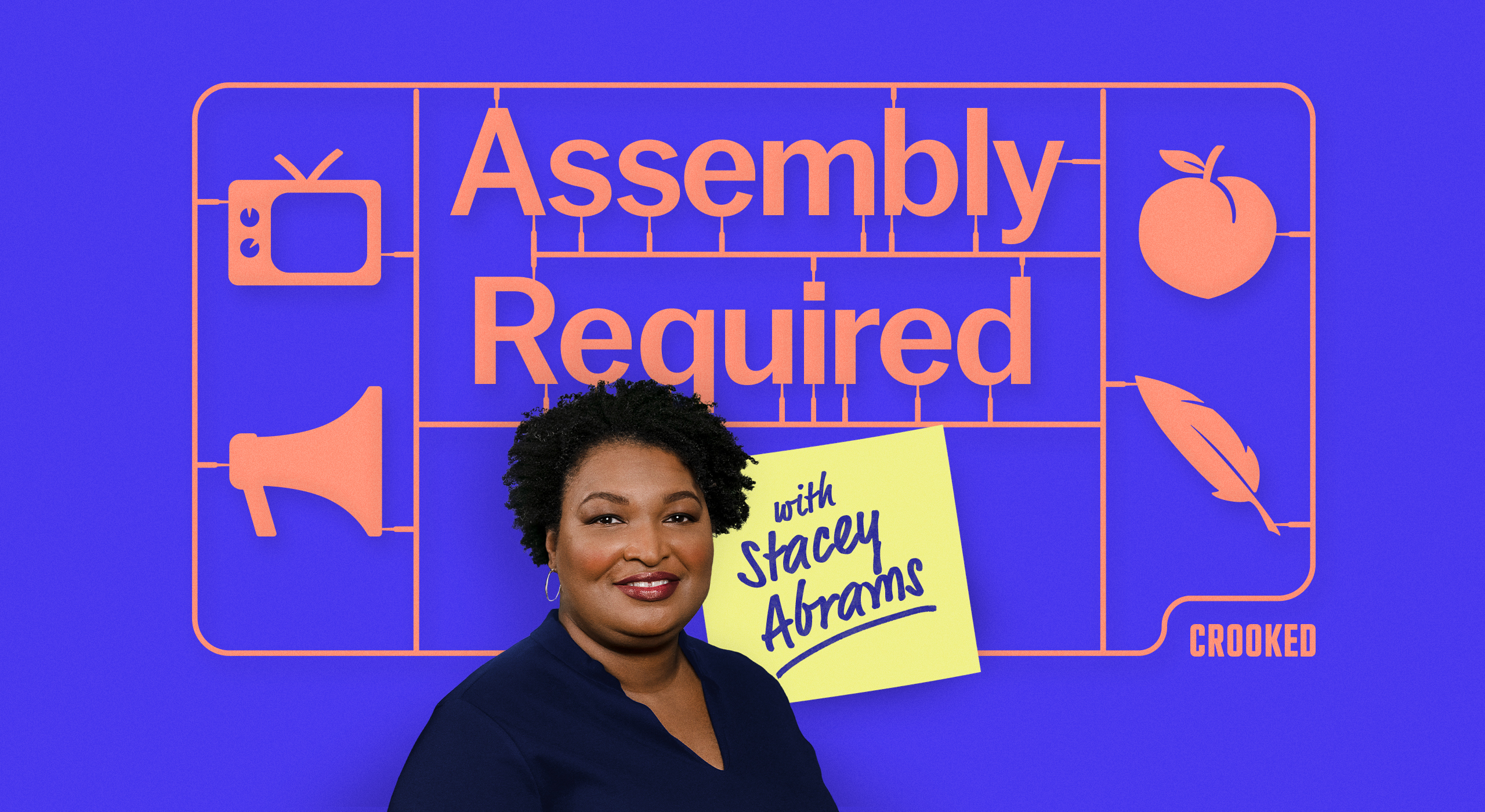
Subscribe to Big Tent
While Democrats were busy nominating Joe Biden for the presidency and arguing among themselves over the party’s relative solicitude toward anti-Trump Republicans, actual Republicans nominated Laura Loomer to run for Congress in Florida.
If you aren’t already familiar with Loomer, you can glean a great deal about her from knowing that Republican voters in the 21st district picked her over a more moderate GOP candidate who is nevertheless a QAnon conspiracy theorist. Loomer spreads conspiracy theories too, but is more explicit than QAnon cultists about the implications of those theories. Where QAnon adherents indulge an elliptical fantasy in which their political opponents are all child-sex criminals whose inevitable demise will allow conservatives to gain unchecked power, Loomer will falsely assert that Muslims are responsible for mass shootings, and then wish misery, apartheid, and death upon them.
The seat Loomer will contest is safely blue, which means she is unlikely to gain a toehold in elected politics this year. But the most important thing to know about her primary victory is that Republicans would welcome her warmly to power if she were to win in an upset or move to a more GOP-friendly district and seek office there. President Trump backs Loomer unreservedly, and Republican leaders in Congress have announced that they will welcome Marjorie Taylor Greene—a QAnon cultists, bigot, and Georgia GOP House candidate—into their conference after she takes office in January.
In a parliamentary democracy, figures like Loomer and Greene would be no less noxious but more easily contained. In a two-party state, like the one we have, they will either find themselves politically homeless, or folded into the party that comprises the major right-wing coalition. Republicans chose door number two several years ago, and it took a very short time for the theoretical dangers of welcoming fascistic maniacs into their party to be visited on the rest of us in the real world. In a two-party state with at least a semblance of democratic legitimacy, both parties will win elections some of the time, and that will remain true if a post-Trump right-wing party fuses a moderate Q-Anon wing with a more explicitly eliminationist, Loomerite wing.
The connection between this dystopian vision and the strategic planning of today’s Democratic convention is highly tenuous, but the deterioration of the GOP into an authoritarian party with prominent, militant wings increases the stakes of just about every decision Democrats make. Every suboptimal candidate Democrats nominate, every blunder they make on the campaign trail, every governing failure they preside over will carry both the usual passing consequences, and the heightened risk of a Republican revival—with all the dangerous consequences that would entail.
The second-guessing and criticism of the Democrats’ convention decisions—whom they elevated, whom they marginalized—isn’t just a surface manifestation of factional tensions that existed before and will continue into the future. It’s also about this—the underlying fear that Trump will ride Democratic tactical errors and ideological compromises to re-election. Or that a divided party will lose to a more organized authoritarian party in coming cycles.
No party can be expected to walk an endless tightrope and never fall, but the intolerable cost of failure should haunt Democrats; their highest priority should be to change the current alignment wherein elections are a coin flip between two parties, one of which is rapidly transforming into a violent, fascistic cult.
Democrats can’t feasibly turn the U.S. into a parliamentary democracy, leaving a rump of Loomers and Greenes to form an awful but hapless fringe party. They can win this coming election, and institute democratic reforms that enfranchise more people and make it easier for them to vote. That on its own would relieve some of the pressure, both by expanding the Democratic Party’s potential reach, and by making Republicans compete for votes, rather than choose who gets to vote and which votes truly count.
But the right and ability to vote will only turn non-voters into voters at the margin unless Democrats also increase the number of people who feel bought in to their coalition. When President Obama delivered the eulogy at John Lewis’s funeral and called upon Democrats to eliminate the filibuster if necessary to institute reforms just like these, he framed it principally as a moral obligation lawmakers should feel to ensure Americans are equal and free—but the subtext was that neither the party nor the country could afford to coast on the status quo in the realm of either voting rights or broader policy. “As long as young people are protesting in the streets, hoping real change takes hold, I’m hopeful,” he said. “But we cannot casually abandon them at the ballot box.”
The fact that many young progressives feel slighted by the lineup of the convention (or the outcome of the primary or anything else) won’t on its own doom the country to another term of the Trump administration, but we may reflect on it as an omen if they find themselves excluded from the party’s decision-making processes in perpetuity and detach themselves from politics.
Many Democrats appear to think they can mollify this faction by finding people who are younger than Joe Biden and giving them important jobs, but young people aren’t asking for generational representation alone. Their political icon is Bernie Sanders who is 78, they wanted Elizabeth Warren, who is 71, to be Biden’s running mate. They seek to protect Sen. Ed Markey (D-MA), who is 74, at all costs against a primary challenge from Rep. Joe Kennedy (D-MA) who is 39. Obama himself won the loyalty of many young progressives not because he was relatively young, but because he opposed the Iraq war from the outset, and thus embodied the hope that the party would become better under his leadership—and it did.
Democracy in America won’t survive long unless the Democratic coalition grows and sustains itself in such a way that this incarnation of the Republican Party loses perpetually and begins to change. If Democratic leaders don’t see things that way then the threat of a democratic extinction event under a Republican president who’s more like Laura Loomer than Donald Trump will always be just one cycle away.


